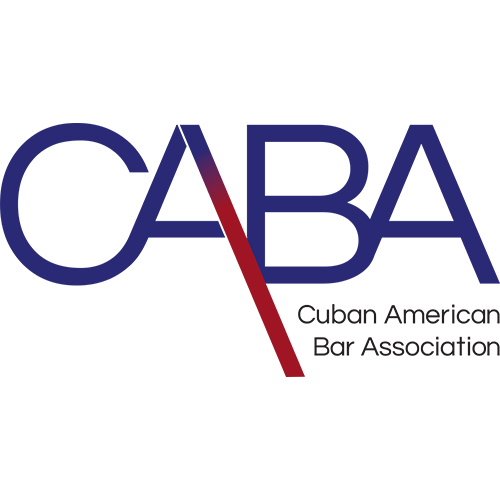Frequently Asked Questions about Boat Accidents and Injuries
Boating accidents are all too common in Florida. For those who have experienced injuries due to another negligence, they can be life-changing. Learn more about your rights if you have been in a boating accident in Florida.
Q: What is a “boating accident”?
A: A boating accident may occur in many ways, but the most common are capsizing, crew overboard, collision, fire, sinking, flooding, explosion, and disappearances.
Q: How common are boating accident fatalities?
A: The most recent statistics available from the United States Coast Guard are from 2000 and reveal that 701 deaths resulted from boating accidents.
Q: What are the common causes of boating injuries and fatalities?
A: Some common causes of boating injuries and fatalities are:
- Capsizing
- Falls overboard
- Collision with another vessel
Q: What are some safety measures that can help prevent injuries and deaths from boating accidents?
A: Some safety measures that can help prevent injuries and deaths are:
- Wear a life jacket. Capsizings and falls cause over half of all recreational boating fatalities each year.
- Don’t consume alcoholic beverages while boating.
- Take a boating education course. 70% of reported boating accidents involve operator errors.
- Participate in the Vessel Safety Check (VSC) program. The Coast Guard runs this program which uses volunteers to check safety equipment and provide safety information.
Be alert to the possible risk of carbon monoxide poisoning. Carbon monoxide poisoning can occur due to the following reasons:
- Air conditioning powered by an onboard motor generator
- Operation of any gasoline-powered engine while docked or rafted to other boats’ operating engines
- Improper cabin ventilation
- Use of stern swim platform while the engine and exhaust are on
- Teak/drag surfing- holding on to the swim platform while the boat is underway
Q: What are “personal watercraft”?
A: The United States Coast Guard classifies a personal watercraft (PWC) as an inboard boat. It is a vessel that utilizes an inboard motor to power a water jet pump as the main source of propulsion. It is designed to be operated by a person who is sitting, standing, or kneeling on the vessel. As an inboard boat, personal watercraft vessels are required to follow the same rules and requirements of other powerboats, in addition to any specific rules applicable to personal watercraft.
Q: How many personal watercraft vessels are there in the United States?
A: There are well over 1 million personal watercraft vessels in use.
Q: How many accidents occur each year involving personal watercraft vessels?
A: On average, approximately 5,000 personal watercraft accidents occur each year, resulting in 2,000 injuries and over 60 deaths.
Q: Should I contact an attorney if I have been injured in a boating accident?
A: Yes. It may be important for you to contact an attorney who can help you protect your legal rights. Only a licensed attorney can evaluate whether you have a case that is worth pursuing. Keep in mind however that there may be time limits (statutes of limitations) which impact on your right to sue.
Q: What are the common boating accident contributing factors?
A: Some common boating accident contribution factors are:
- Operator inattention, inexperience, excessive speed, and careless or reckless operation
- Alcohol
- Passenger/skier behavior
- Not having a proper lookout
- Restricted vision
- Hazardous waters- weather
- Equipment failure
- Engine failure
Q: When must a boating accident report be filed?
A: causality or accident report must be submitted to the reporting authority if any of the following occurs:
- A person dies
- A person disappears under circumstances that indicate death or injury
- A person is injured and requires medical treatment beyond first aid
- Damage to the vessel and property is greater than $500
- Complete loss of the vessel
DISCLAIMER: This site and any information contained herein are intended for informational purposes only and should not be construed as legal advice. Seek competent legal counsel for advice on any legal matter.





